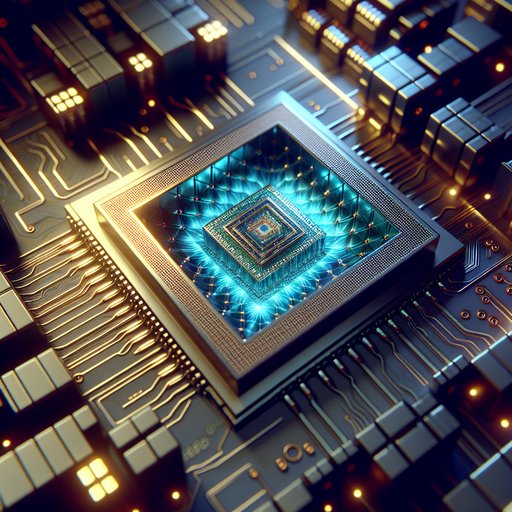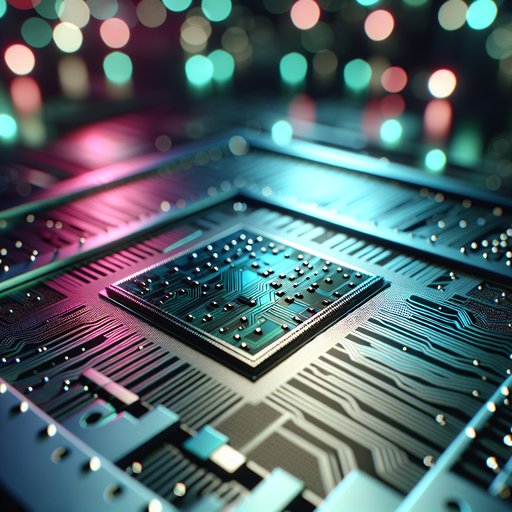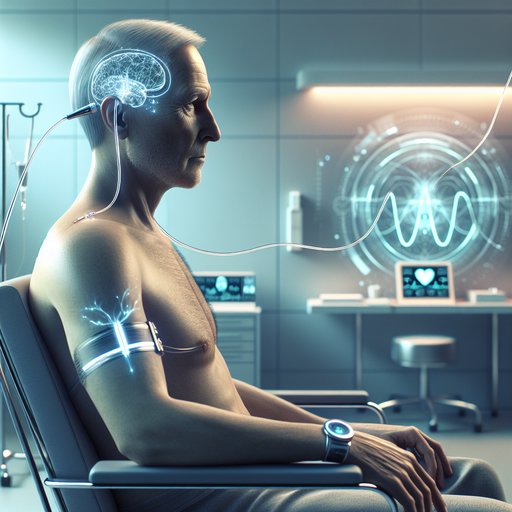
In a landmark development for genetic medicine, researchers have announced the first successful treatment that significantly slows the progression of Huntington's disease, a devastating inherited neurological condition. The experimental gene therapy, developed through extensive clinical trials, represents a major step forward in treating previously untreatable genetic disorders and offers hope to thousands of patients worldwide [1].

As artificial intelligence continues reshaping the music industry, AI music startup Suno has unveiled Suno Studio, a comprehensive digital audio workstation that integrates their suite of music generation tools into a unified platform [1]. The launch comes at a crucial time when major streaming platforms are grappling with the surge of AI-generated content, prompting new measures to maintain platform integrity and artist rights.

In a significant move toward climate action, Malaysia and Indonesia are rapidly advancing their carbon capture and storage (CCS) initiatives, marking a crucial step in the region's commitment to reducing greenhouse gas emissions. The development comes as global experts emphasize the critical role of heavy industry in achieving net-zero goals, with carbon capture technology emerging as a key solution for hard-to-abate sectors [1].

The augmented and virtual reality industry is experiencing a significant transformation as major tech companies pivot their strategies and launch new products. Samsung is preparing to enter the mixed reality market with a competitive offering, while Meta shifts focus toward augmented reality solutions, signaling a broader industry trend toward more accessible and AI-integrated immersive technologies [1].

Scientists have achieved a major breakthrough in optical technology with the development of an ultra-compact metalens system that could revolutionize cameras in smartphones, drones, and other portable devices. The new metamaterial-based lenses, which are thinner than a human hair, represent a fundamental shift in how optical systems can be miniaturized while maintaining or even improving performance [1].

A significant advancement in quantum computing architecture has emerged as researchers develop a new approach to building quantum processors using modular components that can be connected like building blocks. This breakthrough could help overcome one of the field's biggest challenges: scaling up quantum systems while maintaining coherence and control of the qubits [1].

In a remarkable astronomical discovery, scientists using the Hubble Space Telescope have observed a white dwarf star consuming a Pluto-sized icy body, providing new insights into the fate of planetary systems after their host stars die. The observation marks the first time astronomers have witnessed such an event in detail, offering compelling evidence that planetary material can survive the turbulent death of a star [1].

The semiconductor industry is witnessing significant developments as key players make strategic moves to advance chip technology and expand global capabilities. Arm, the prominent chip design company, has established a new design center in Bengaluru, India, focusing on cutting-edge 2-nanometer chip technology [1]. This development coincides with Taiwan Semiconductor Manufacturing Co. (TSMC) strengthening its position in advanced chip manufacturing through new partnerships and technological breakthroughs.

In a significant development for ophthalmology patients, Glaukos Corporation is making substantial progress with its next-generation glaucoma therapy, Epioxa, as it approaches a crucial FDA approval milestone. The innovative treatment represents a potential breakthrough in glaucoma management, addressing one of the leading causes of irreversible blindness worldwide [1].

In a groundbreaking development for space exploration, Japan's Hayabusa2 spacecraft has begun its ambitious journey to asteroid 1998 KY26, setting the stage for what will be humanity's first encounter with an ultra-small asteroid. The mission aims to study what will be the smallest celestial body ever visited by a spacecraft, marking a significant milestone in our understanding of these miniature worlds [1].
























